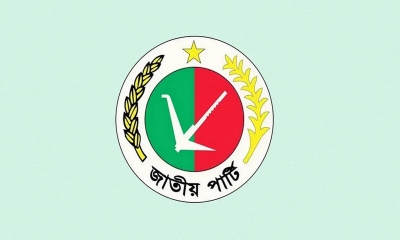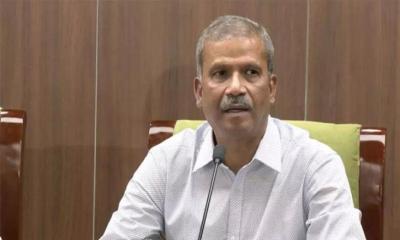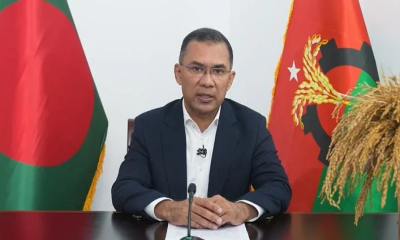The resignation of Sudan's prime minister leaves the military in full command and threatens a return to the repressive policies of the regime of ousted strongman Omar al-Bashir, according to analysts, reports AFP.
After months of street protests and violent crackdowns that have claimed at least 57 lives, observers fear more bloodshed ahead after civilian premier Abdalla Hamdok stepped down late on Sunday.
In his farewell address on national television, Hamdok said he had tried to prevent Sudan "from sliding toward disaster" but that it was now at a "dangerous crossroads threatening its very survival."
"Hamdok's resignation has left the military in sole command of the country," said Magdi al-Gizouli of think-tank the Rift Valley Institute. "Protesters will take to the streets again and will be left to face more violence."
Since its independence from Britain and Egypt in 1956, Sudan, now one of the world's poorest countries, has been mostly under military rule with only rare democratic interludes.
It has been navigating a fragile transition toward full civilian rule since the April 2019 ouster of veteran president Bashir following an unprecedented wave of youth-led protests.
Bashir, who is wanted for war crimes in the Darfur region by the International Criminal Court, was jailed as Sudan took steps to rejoin the international community and obtain debt relief, foreign aid and investment.
But the already rocky transition was derailed on October 25 when Sudan's new de facto ruler, top general Abdel Fattah al-Burhan, launched a coup, detaining Hamdok and his cabinet ministers.
The power grab sparked international condemnation and a new wave of street protests, with 57 people killed, hundreds wounded and at least 13 women raped during the unrest.
Following Hamdok's resignation, Burhan on Monday "emphasized the importance of forming an independent government with specific tasks agreed among all the Sudanese," a statement said.
'Facade removed'
Burhan reversed Hamdok's ouster and reinstated him on November 21, promising elections in mid-2023 -- but the protest movement had lost all faith in both leaders and kept up their demonstrations.
They accused Hamdok, a former international economist, of "betrayal" and "legitimizing the coup regime."
In the weeks since, Hamdok had failed to form a new government, and local media reported in recent days that he had not shown up at his office.
Gizouli said the parties to Sudan's November deal had hoped it would "reduce the agitation on the streets" and allow them to find a way "to rework the constitutional arrangements."
"But all this did not happen."
Instead, Hamdok had found himself "paralysed" and "not able to get anything done, neither politically nor administratively," he said.
Some observers now fear that Hamdok's resignation signals a return to the kind of rule Sudan saw under the Islamist-backed Bashir regime.




-20260216055149.webp)

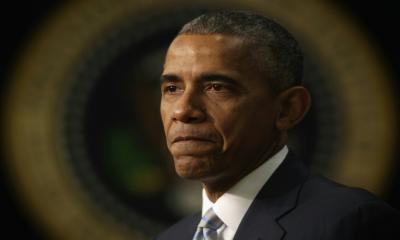
-20260215061522.webp)

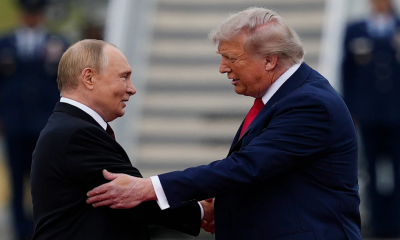
-20260216115008.webp)






